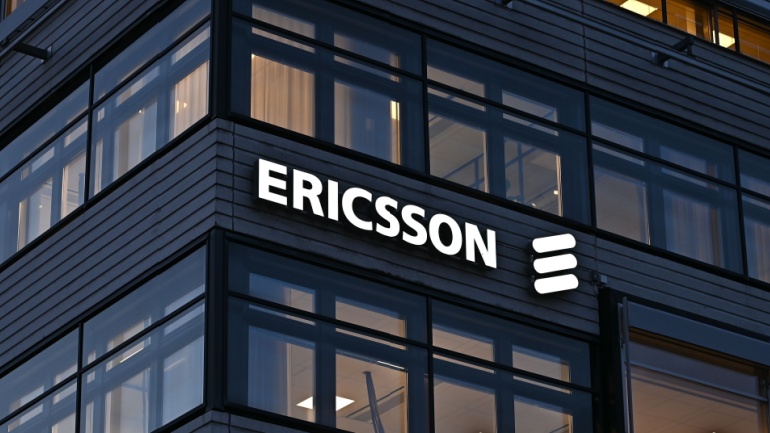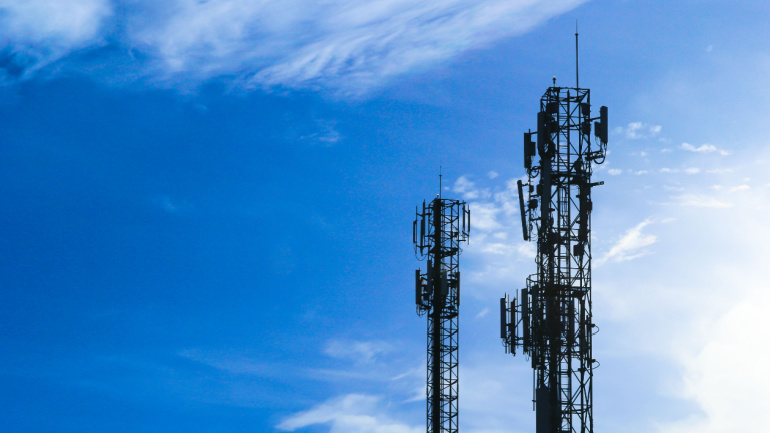Ericsson, a global leader in telecommunications technology, unveiled a strategic move on Monday, as it announced the signing of a memorandum of understanding (MoU) with Umniah, a prominent telecom operator in Jordan. The collaboration aims to bolster Umniah’s 3G and 4G network infrastructure in major cities throughout the country.
In spite of a 14% drop in sales, Ericsson has reported an impressive expansion in gross margin to 42.7%, largely credited to the resilience of its product portfolio and strict cost reduction measures. Maintaining its market leadership amid economic uncertainties, Ericsson anticipates further shrinkage in the RAN market for the rest of the year.
Continuing their established partnership, Swisscom and Ericsson unveiled a multi-year agreement to boost Swisscom’s innovation and increase energy efficiency for its 5G network. The pact includes Ericsson’s Intelligent Automation Platform, facilitating advanced network management. Their united effort aims to significantly enhance user experience, while also pushing for sustainability and substantial operational savings.
In a stark warning delivered at a regional investment banking conference in Tallinn, Estonia, Ericsson CEO Börje Ekholm highlighted Europe’s precarious position in the global telecom arena. Emphasizing the urgent need for regulatory reform and innovation prioritization, Ekholm cautioned that Europe’s telecom industry is trailing far behind its counterparts in the US, China, and India.
Ericsson, the Swedish telecommunications equipment manufacturer, is bracing for another challenging year by announcing a new wave of job cuts within Sweden. The company has pointed to a constricted mobile networks market in 2024, driven by cautious customer spending and a continuation of the trend of reduced operator investment, which it had previously described as unsustainably low. Despite various analyst reports reinforcing this bleak outlook, Ericsson remains committed to its strategic goals but acknowledges the need for significant operational adjustments to navigate the current climate.
In an exhilarating turn of events, telecommunications titan Ericsson collaborates with the renowned Indian Institute of Technology Kharagpur for pioneering research in AI, Compute, and Radio technology, with a spotlight on 6G development. This theoretical partnership is set to stir groundbreaking headway in fundamental and applied study in the Radio realm, significantly marking India as a technological innovation hub.
In a groundbreaking move, AT&T has selected Ericsson as the primary supplier for its Open RAN equipment, set to handle 70% of its wireless traffic by the close of 2026. The five-year agreement, valued at an impressive $14 billion, signals a significant shift in the North American telecommunications landscape. Under the deal, Ericsson will replace some of Nokia’s equipment in specific areas of AT&T’s network.
In a significant move towards advancing 5G network capabilities, Telenor and Ericsson have officially entered a three-year Memorandum of Understanding (MoU). The collaboration aims to pioneer research, development, and testing of Artificial Intelligence (AI) and Machine Learning (ML) solutions, with a primary focus on enhancing energy performance without compromising network quality.
In an ambitious collaboration, Ericsson is partnering with Concordia University, the University of Manitoba, and the University of Waterloo to bolster cybersecurity for 5G networks, utilizing AI and automation solutions. Their objective: foreseeing and mitigating network breaches for both current 5G and upcoming 6G networks while navigating increasing network stress and complex security requirements.
Stepping into the spotlight, Ericsson unveils a software toolkit aimed at enhancing 5G connectivity services. Harnessing fresh algorithms to optimize performance, modifying RAN slicing for faster service, and promising superior low-latency capabilities, this toolkit is a game-changer. Despite the off-pulse struggle to unlock 5G potential, this toolkit is deemed as a catalyst for transitioning from ‘best-effort’ broadband to premium experience. Yet, the question remains: Will consumers bite? In this backdrop, Network X, a collaboration with the wireline and cloud industries, promises insightful stories and strategies, marking a critical date for telecom enthusiasts.













